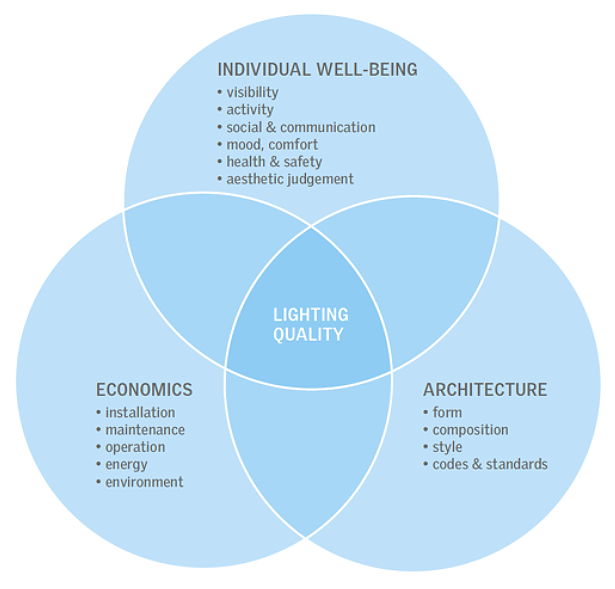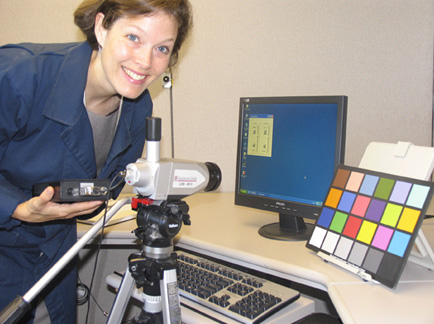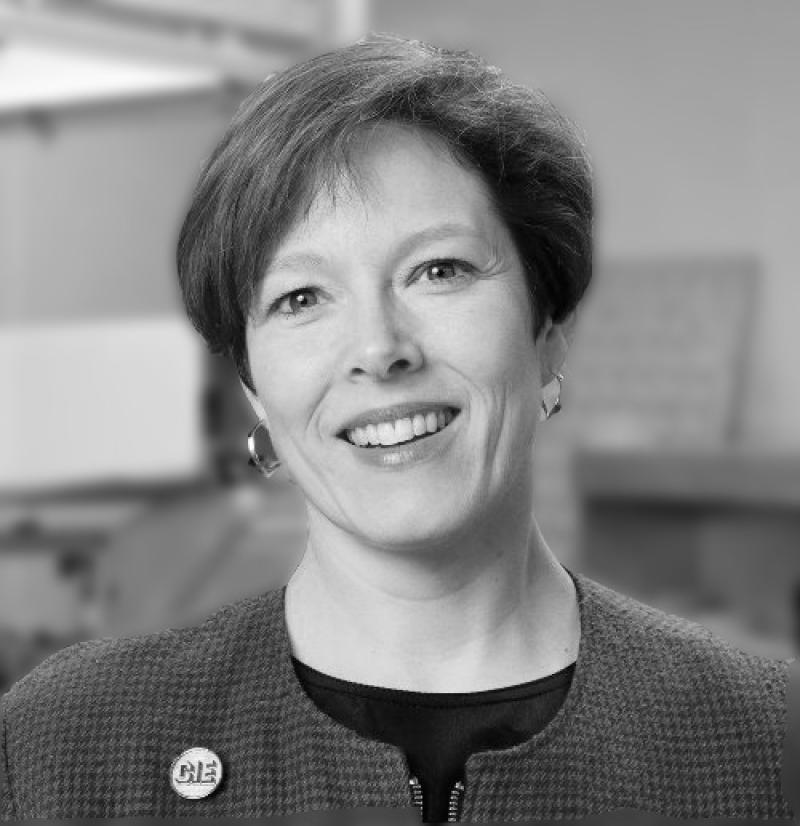R.A.W: Jennifer Veitch
13 Dec 2019 // R.A.W
Above: Jennifer Veitch
Many years ago, during my master thesis research period, I was struggling to find in the in books something that could really satiate my curiosity about how People feel the light and, vice versa, how Lighting can help People feel in a certain way more than others.
When I was pointed out to a Psychologist and her papers I was still doubting that I would have find shared and relatable interests.
Environmental Psychologist Jennifer Veitch, together with her team at the NRC Construction Research Centre in Canada states her objective is to make more interesting, beautiful, and healthful places that are also more energy-efficient.
She follows up on her public network profiles with these questions:
- Does the fact that we spend 90% of the time indoors mean we live in perpetual biological darkness?
- Do we need to change our habits as well as our lighting practices?
- Can we make comfortable buildings that are net-zero energy that also deliver glare-free daylight and access to a view?
As you may imagine, I felt back then as I did hit Jackpot! Not only as a graduating student in search of background elements, but also as a potential quality judge myself.
In fact, Dr. Veitch, together with Dr. Newsham developed a Lighting Quality Model act to fill the gap between the technical guidelines that manufactures provides us and the actual goal of creating a lighting environment that fits the end user too.

Lighting quality: the integration of individual well-being, architecture, and economics.
Jennifer A. Veitch Psychological Processes Influencing Lighting Quality, 2001
It was talking about Human Centric Lighting before this term was even existing, but already trying to answer to this via cross-referencing disciplines and getting the most of the effective type of light source we are supplied by with the current solid light state.

© National Research Council Canada
In order to create lit environments that serve all of us, Dr. Jennifer Veitch believes that it takes cooperation: vision science, cognitive psychology, and physiology together for developing the basic knowledge about lighting.
-R.A.W. Blogger
Martina Frattura

